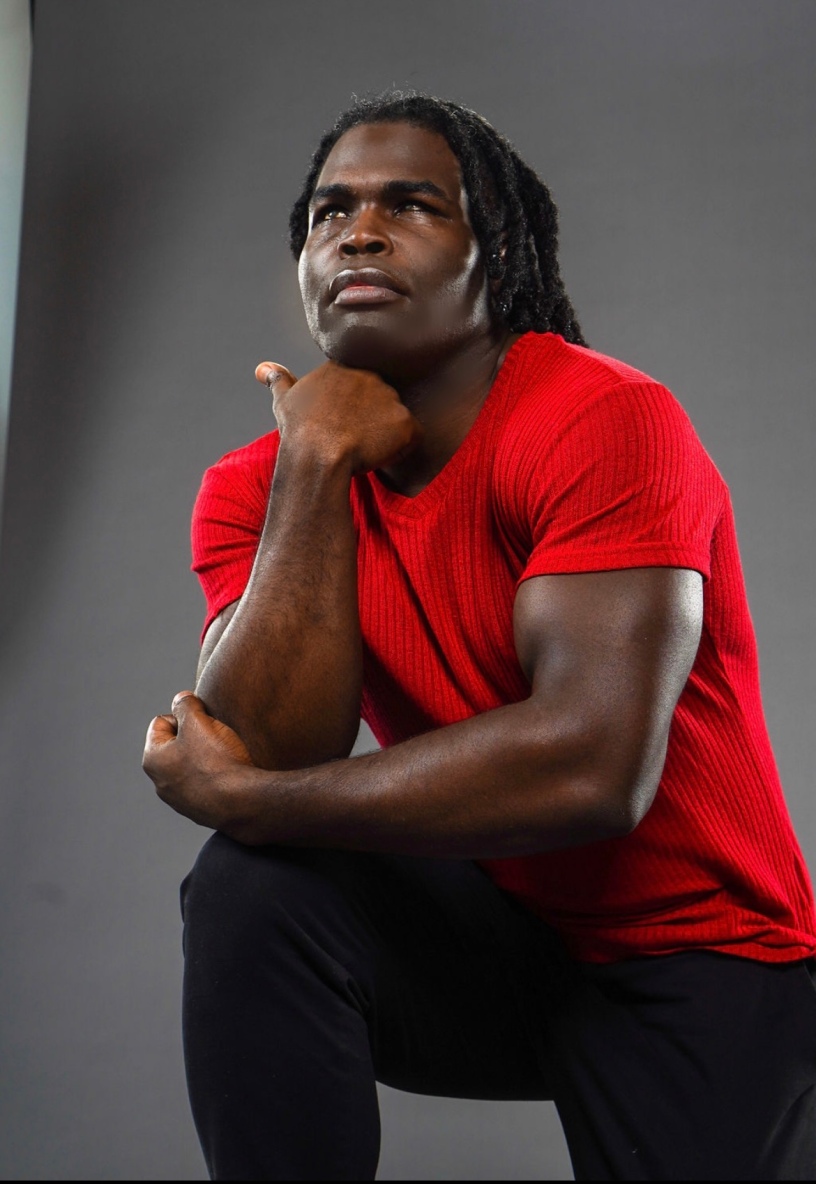Imagine being stuck on an elevator for almost 15 minutes and you’re blind. Mario Bonds a native of the Washington DC metro area checked into the Hilton Hampton Inn in Atlanta GA on November 16th. What he thought was a simple elevator ride to get food, turned into a night he’ll never forget.
IG @mariobonds
WASHINGTON — Mario Bonds is a visually impaired singer and songwriter who you may recognize from season 15 of “American Idol” or season two of “The Glee Project.” Bonds now has people talking, not because of his talent, but because of a video he posted to TikTok.
While on a trip to Atlanta, the D.C. native was stuck on an elevator for 10 minutes because the digital control panel had no buttons in Braille.
“I don’t feel blind when I walk with my cane, I don’t feel disabled when I have to feel around for stuff, but when things are inaccessible, I’m forced to live in my disability,” Bonds says in the video.
“Feeling helpless doesn’t come close to explaining how I felt,” Bonds told WUSA9. Bonds said the elevator had a complete touch screen with no Braille and no voice output. “I felt lost… This was a situation that was compounded by the fact that the staff didn’t care.”
Hilton said in a statement that they are investigating and had a meeting with the elevator company regarding necessary updates. Bonds said he wants more to be done.
“It’s not good enough,” Bonds said. He explained that when he told the staff about the issue, he was told the staff felt attacked.
“I was simply after using this as a teachable moment, notifying the corporate office that there is a huge problem here, and that disabled individuals are not asking for favors, we are asking to be included,” Bonds said.
Bonds said as companies move toward using more touchscreens and digital elements in their designs, there should still be an emphasis on remaining compliant with the Americans with Disabilities Act (ADA)
“Number one, you definitely need Braille to be on tactile buttons, and if you don’t have Braille — I use an iPhone everyday, I do everything you do because the iPhone is a touchscreen device that talks… There needs to be some degree of voice output, and there needs to be large print for those that aren’t totally blind but still have some residual vision,” Bonds said.
Section 4.10 of the ADA requires elevators to have buttons, as well as tactile, Braille, and visual control Indicators.
